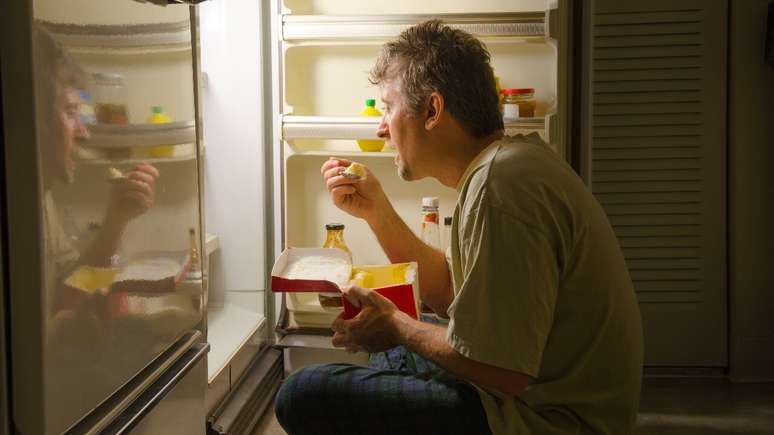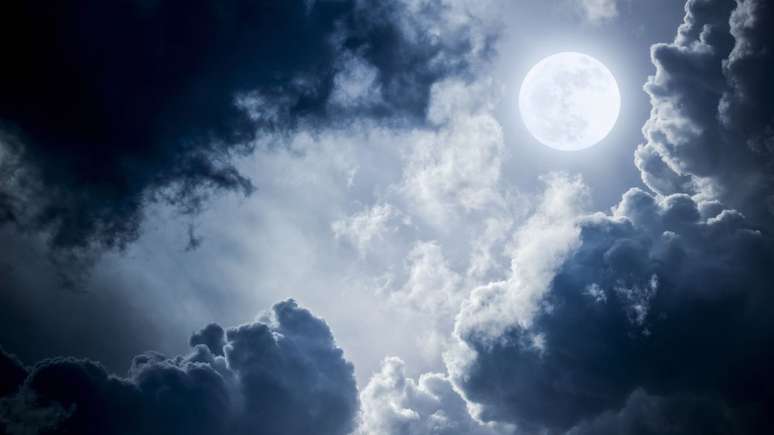Understand how a well-designed diet can help your body rest and recover properly
Choosing foods that help you sleep better is a great way to take care of your health. After all, insomnia is one of the most common problems in today’s society and can, for example, cause serious damage to well-being. In other words, taking care of rest is essential to having a good quality of life. In this way, the ideal is to provide the body with nutrients and functional substances, such as vitamin B6, magnesium and tryptophan.
“Tryptophan, once recognized by our brain, stimulates the production of a neurotransmitter called serotonin. It is responsible for regulating sleep, good mood and the feeling of well-being. The intake of vitamin B6 and magnesium helps the production of tryptophan in our body,” explains Bettina Del Pino, a nutritionist specialized in clinical and sports nutrition.
For this reason, with the help of the specialist, we have selected seven foods that help you sleep better. See:
Foods That Help You Sleep Better
1. Whole grains: main suppliers of carbohydrates, contain vitamins and minerals that can help better absorption of tryptophan.
two. Nuts and seeds: They are rich sources of tryptophan. They are also suppliers of magnesium, which helps fight the effects of stress hormones.
3. Oats: It is a source of melatonin, popularly known as the sleep hormone. The substance helps you fall asleep more easily.
4. Chickpeas, peas, beans, lentils and soybeans: rich sources of tryptophan and B vitamins, which help the proper functioning of the nervous system.
5. Banana: Rich in tryptophan, carbohydrates and magnesium, responsible for helping in the production of hormones such as serotonin and melatonin, which contribute to the quality of sleep.
6. Red fruits and kiwi: they are rich in antioxidants, which help control and treat sleep disorders.
7. Passion fruit: Passion fruit has calming properties, which act directly on the central nervous system, producing an analgesic and muscle relaxing effect.
What to avoid
The nutritionist also reminds us that some foods should be avoided at night because they alert the body or are difficult to digest. “You should avoid caffeinated beverages, such as black tea, mate tea, green tea, coffee and energy drinks, fatty foods, fried foods, carbonated drinks and alcoholic beverages,” he advises.
“A healthy and balanced diet is a strong ally in fighting insomnia, but it is advisable for people to consult their doctor,” concludes Bettina.
Source: Terra
Ben Stock is a lifestyle journalist and author at Gossipify. He writes about topics such as health, wellness, travel, food and home decor. He provides practical advice and inspiration to improve well-being, keeps readers up to date with latest lifestyle news and trends, known for his engaging writing style, in-depth analysis and unique perspectives.









